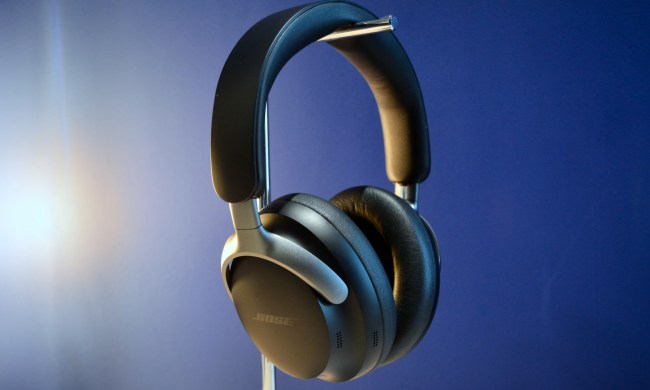Software giant Microsoft has filed suit against DVR maker TiVo, alleging TiVo is infringing on Microsoft patents covering the display of “programmable information” and enabling secure payment and delivery of digital video programming. Microsoft is seeking unspecified damages and a court order to prevent TiVo from using the Microsoft technology without permission.

Microsoft’s reasoning behind the suit seems to be related to TiVo’s standing patent infringement suits against AT&T and Verizon; last year, TiVo sued both companies, claiming the companies video-on-demand and DVR services infringe on key TiVo patents, including the famous “time warp” patent that TiVo has (so far) successfully litigated against EchoStar. In a separate move from its new patent salvo at TiVo, Microsoft has asked to intervene in TiVo’s lawsuit against AT&T so it can challenge TiVo’s patents.
AT&T’s U-Verse service is based on Microsoft’s Mediaroom technology, which runs on set-top boxes and offers DVR, video-on-demand, and media-sharing capabilities. AT&T is one of Microsoft’s largest Mediaroom customers, and the technology that TiVo claims violates its patents is part of Microsoft’s Mediaroom platform. According to some reports, AT&T has insisted that Microsoft cover any damages or losses AT&T might incur from losing a patent fight with TiVo due to its use of Mediaroom technology. Microsoft’s response is to challenge the validity of TiVo’s patents—something EchoStar tried to do for years without success—as well as file its own infringement suit against TiVo.
Microsoft’s patent offensive against TiVo strikes some industry watchers as merely a tactic to put pressure on the DVR maker. The technology Microsoft claims violates its patents is hardly new to TiVo’s technology offerings, and it seems odd that Microsoft would only now get around to asserting patent rights.


